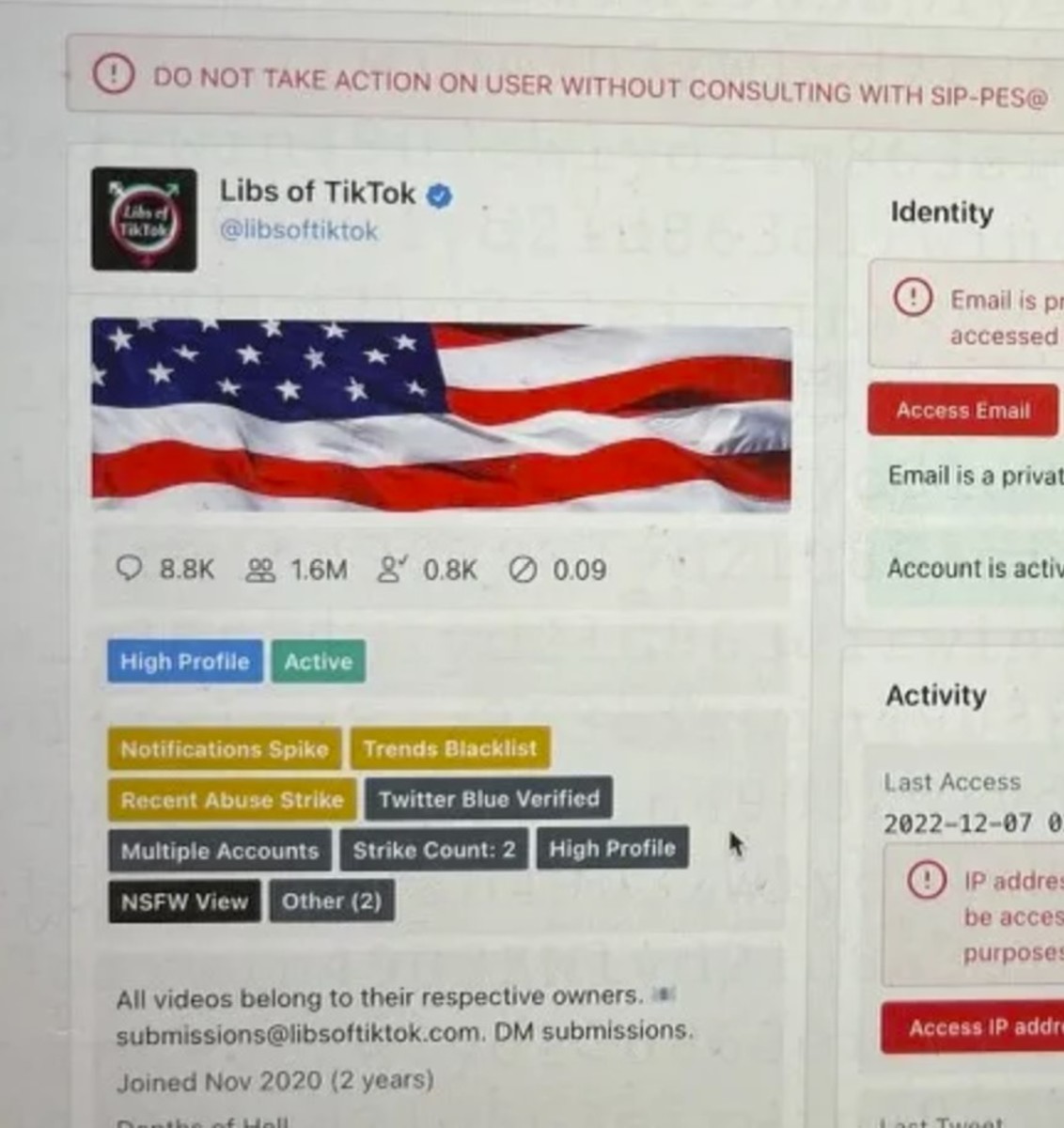When America Decides to Fight Corruption in Lebanon!
In Lebanon, as in quite a few countries in the region, there is a massive crowd of politicians and "fellow" citizens towards the United States. We do not know how long it will take mankind to get rid of the illusion of America's ultimate power in the world. However, in the meantime, all those who plead with the consent of Uncle Sam assume that there is no room to resist them, and that whatever they decide will happen voluntarily or forcibly. Even when America is defeated, they see it as a maneuver that Washington wanted. In this case, the one who defeated America, in the eyes of these people, is not a capable hero, but rather an undercover agent who gave him this grant to pass to her what she wanted. What is worse than all of this is that these contestants go out to win the approval of America, to criticize Iran from the angle that its response to the assassination of Soleimani was without effect. A trivial event!
The owners of this destination in our Arab world do not justify their permanent defeat against the Americans. They reject the idea that someone can resist American presence and influence. They believe, therefore, that they make the argument for the presence of American forces in their homes, or their acceptance of US laws to administer universe affairs. They are spread all over the world. But they are many in Saudi Arabia, the Emirates, Qatar and Kuwait. In a country like Lebanon, the scene has a different color and taste.

Revolutionaries Class Believes
Some of those who act as revolutionary leaders in Lebanon (particularly the "very peaceful" category) are betting strongly that the United States will fulfill the Lebanese dream of ending the rule of corruption. This class of revolutionaries deployed on screens and present on the ground (exclusively in peaceful demonstrations) believes and acts on the basis that the United States "took a final decision to support the Lebanese people's revolution against corruption". There is no need, of course, to explain the position of these "revolutionaries" while they refuse to hold America any responsibility for the ruin of Lebanon as well as for the ruin of the region.
However, let us take an example of what "American revolutionaries" transmit, who are in positions of influence within the state or in the arenas. In that, a sample of what is supposed to be a "US plan" for Lebanon in the next stage, part of which was contained in records that were circulated at the level of prominent official leaders, political and diplomatic.
One of the most recent of these perceptions is what prominent visitors from Washington and New York brought home before the end of last year. Among those who are active in politics and the world of finance and business also, they came back to us with news about "rapid, profound and lasting changes that the United States expects in Lebanon during the coming period". They said, "Washington calls on the Lebanese to act responsibly because the process of change will be harsh and painful, but it will open the door to a better future in the long run".
Al-Akhbar learned that senior officials in the country were later informed of what has been termed an "American Idea Paper" that was collected after meetings held between the tenth and twenty-second of December of 2019, and included American officials working in the State Department and the Treasury And in the Federal Reserve (the American Central Bank) in addition to "close to the intelligence services".
According to what "Al-Akhbar" learned, a presidential reference pointed to "that the Governor of the Banque du Liban Riad Salameh is acting against the background of these American data". And he continues to invoke administrative and technical matters and banking secrecy to not reveal major violations that occurred during the past year. The presidential reference believes that the information "indicates a major crisis that will confront the banking sector, and that Riad Salameh is trying to throw responsibility on others, especially on political forces".
It seems that Salama is managing with the help of some bankers, especially the head of the association, Salim Sfeir, the battle of "sector whitening" of the sector, and they are using these in cooperation with bankers of the lower class, all their influence to keep the sector and the safety and the association of banks outside the scene of popular protests. Salama does not even hesitate - and this is his right - to use an army of advisers, media, political, security, and bankers, who previously provided them with services, to ask them to stand by him at these critical moments.
The key to "Al-Akhbar" is to see a documented file that is subject to a large audit process, which includes a summary of the major financial operations that took place during the past few years, concerning the safety of himself and others from influential in the banking sector and from prominent personalities. According to the data, those concerned with what has been termed "smuggled money file" are beginning to discover data regarding collusion between Salama and senior bankers, political figures and businessmen. The information also reflected the size of the interference in political, legislative and media life, especially the large lending operations of the majority of Lebanese media outlets, including TVs, newspapers, radio stations and agencies dealing with media and advertising production, which took over the supervision of them directly, were subject to its approval, and several banks took over the financial aspect of them. The goal of these lending operations was to prevent any discussion of the financial and monetary reality in Lebanon. It is she who allowed and still Salama and others to exert their strong influence on prominent media outlets in Lebanon, which has been most evident during the past three months in the performance of the MTR TV and Al-Jadeed channels, with relative differentiation for the LBCI channel. Whereas, authorities close to Salama and influential persons in the Association of Banks assumed marketing of false information through news websites managed by "impersonators", and through media professionals and some of the personalities being presented as experts specialized in financial and economic affairs.
Washington's commandments, referring to the results of the private visits to the American capital, showed information obtained by "Al-Akhbar", which was not denied by "authorized sources", that the United States is still betting on the possibility of using the popular movement to bring about major changes in the political and financial administration of the country. And the information revealed that "Washington is ready, as it is in many countries, to abandon allies who have worked with it for the past two decades, and that it will topple a number of them on the pretext of corruption and invest this in a comprehensive political change battle in the country that aims to seize the financial, military, security and banking authorities again".
Some of the "revolutionaries" act on the basis that there is a final US decision to support the Lebanese revolution against corruption
According to the same information, the steps that America's allies in Lebanon are promoting in steps that Washington intends to take, fall within the following program:
- The United States will issue a new sanctions list in the not-too-distant future, which includes a list of individuals of heavy weight, who are affiliated with various political parties, and not exclusively from the March 8 team or those close to Hezbollah. Quite a few names (close to President Saad al-Hariri and Minister Gibran Bassil) were circulated in meetings of the US State Department and the Treasury, including well-known businessmen, dealers, bankers, and real estate dealers accused by Washington of currency laundering.
- The new sanctions will be based this time on the law known as the “Magnitsky Law” issued in the state of former US President Barack Obama, which President Donald Trump has activated to be global and bypassing American citizens or those present on American soil, and now allows the US government to impose sanctions on individuals and entities All over the world without reference to nationality or country.
- Diplomatic reports and minutes of meetings held in the American capital confirm that the State Department, the Treasury, and the “Federal Reserve”, in addition to other parties (acting as friend of Lebanon) affirm that they are in the process of a new policy towards Lebanon, choosing for it the title of fighting corruption. American officials said that they decided to declare their loss of confidence in the majority of the powerful political forces and figures in Lebanon. And that the work against corruption is not confined to those close to Hezbollah, but rather to others from other powers and parties, including those who have always been considered close to the American administration. And the way the new American government behaves with the Lebanese political reality will differ radically from the previous one. The Lebanese players should scrutinize the way Washington behaves with the file of assigning a new president to the government, because what happened can be considered an embodiment of the new policy in Washington.
- The American government views the "continuous popular movement" in Lebanon as a strong indication of the people's willingness to make a big change. This means that Washington will take into account the need to topple all the old guard, with a special reference to the reality of President Saad Hariri, “who has weakened a lot, and clearly for everyone. He is likely to give in to the new facts, and leave the game. Lebanon will be facing new challenges, and perhaps towards moving towards a new national agreement that will shape the future of the country according to new rules. ” Remarkably, here, the Americans are talking about the possibilities of partition and the adoption of political decentralization ...
- The year 2020 will be full of activity in Lebanon. Washington "expects" major and rapid "changes" at various levels, including reconsidering the restructuring of the banking sector. Everyone should act on the fact that the destination is to reduce the number of Lebanon's banks to less than twenty instead of about 64 banks, as is the case today. A list of troubled banks will be drawn up to be included in the merger or liquidation project. But the most important thing is that the banks that violated the laws will be dealt with as failed banks or threatened with bankruptcy, and they will be punished in one way or another. And talk is going on here about pushing some banks to self-liquidation.
- Washington is shopping for the idea of assigning "international agencies" to help recover "looted funds" by monitoring "suspicious accounts" to determine the size of this money and its location before working to recover it!
Blackmail and Recruiting
What is nice in the "American Ideas Paper" is that those close to Washington have intentionally leaked names in the past few weeks that they say will be on the lists of "American corruption". It turned out that some of the "well-known among them" immediately sought to communicate with American political, legal and media bodies, with a view to launching a counter campaign aimed at settling their status wherever possible. And talk is going on about settlement projects that cost hundreds of millions of dollars that Lebanese "suspects" pay to the American authorities directly or through agreements with US legal offices. This process is a repetition of what is happening with all Lebanese and non-Lebanese businessmen whom the American Treasury decides to punish for the charge of cooperating with Hezbollah. The United States was able to raise a lot of money, in addition to recruiting quite a few informants from the Businessmen Club who provide detailed information about other Lebanese businessmen working in the Gulf, Africa and South America, in exchange for a guarantee of protection. The Army of Informants became large to include Lebanese bankers who were threatened with closing their banks or placing them on the sanctions list if they did not cooperate. Cooperation here is not limited to facilitating the monitoring of what Washington believes are actions related to Hezbollah, but also includes providing detailed information about all the information the United States wants regarding individuals or companies that passed through the Lebanese financial cycle.
And it seems that the American security team concerned with these communications has become more experienced in knowing the psychological background of those targeted. It has become a distinction between those who are able to withstand pressure and work as security informants, and those who can not afford more than pay the ransom in order not to withhold his money or disrupt his business. This file is managed by an American security team, and it holds meetings with Lebanese businessmen and bankers in several countries, from Cyprus, Greece, Italy, France, Romania, Bulgaria and Britain, to the United Arab Emirates, Jordan and Morocco, as well as capitals in Latin America and Canada.
One day, it is possible to collect a book from the antics about the American administration regarding this file, the method of collecting data, the intimidation and pressure that the target is exposed to. These “antics” not only show American weakness in many areas, but also the frightening inferiority of this group of Lebanese informants.
Reference
- جريدة الأخبار
مغامرة «الأخبار» في القرن الواحد والعشرين هي في تميّزها سياسياً ومهنياً. في السياسة، هي جريدة تميل إلى اليسار وتنتمي الى معسكر رافضي الهيمنة من قلب الولايات المتحدة الاميركية الى أقاصي الشرق وأفريقيا وأميركا الجنوبية وأوروبا.مهنياً، تعتمد «الأخبار» ع
See Also:
- On the Slogan "Neither America nor Iran"
Is America's hostility towards these countries linked to a deep love for democracy, or a deep love for the Western and Israeli occupation and the prevention of any attempt to annoy it? - American Sanctions Expected on Businessmen, Bankers ...
Al-Hariri - A Contribution to Analyzing the Structure of the Rul...
Thinker Pino Arlacchi is trying to define a theoretical definition of the mafia system - Lebanon's Elite
The concept of "political clientelism" is adopted to explain how the underdeveloped state functions and to explain its poor performance. Michael Johnson applied this approach in the case of Lebanon, considering that "islamisis is the central phenomen






![American Politics: Corruption In Politics and Business [277*2] American Politics: Corruption In Politics and Business [277*2]](https://images.saymedia-content.com/.image/t_share/MjA2OTU4NzQ1Mjg3NDAyNTQ3/american-politics-corruption.jpg)

